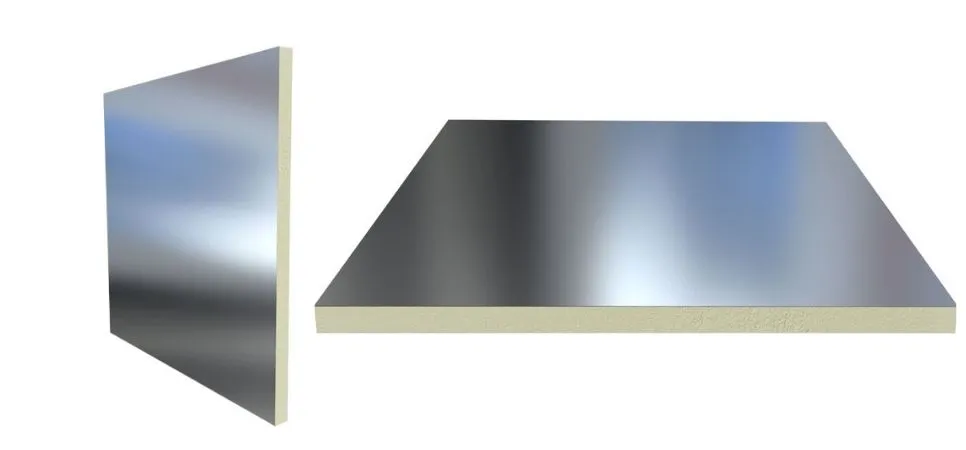Do Thermal Insulation Panels Provide Energy Efficiency?
With rising energy costs, using energy-efficient products in all types of buildings has become a necessity. This is not only an environmental choice but also an economic requirement. Particularly in industrial facilities, cold storage warehouses, large-scale buildings, and logistics depots, preventing energy loss is essential.

Do thermal insulation panels provide energy efficiency?
Thermal insulation panels do provide energy efficiency. They play a critical role in enhancing energy efficiency, especially in large-scale structures. Choosing the right material is crucial for achieving optimal energy efficiency.
What is a thermal insulation panel?
Thermal insulation panels are specialised materials used to balance temperature differences and heat transfer between internal and external environments in buildings. They can be applied to roofs, facades, floors, and walls to provide thermal insulation and increase energy efficiency.
What are the benefits of thermal insulation panels for energy efficiency?
When correctly selected and installed, thermal insulation panels significantly contribute to energy efficiency in all types of buildings.
Benefits of thermal insulation panels:
- In winter, they prevent cold air from entering and warm air from escaping, reducing heating costs.
- In summer, they block hot air from entering and keep cool air inside, lowering cooling costs.
- They minimise overall energy consumption and provide climate comfort.
How much do thermal insulation panels contribute to energy efficiency?
Thermal insulation panels can offer 50-60% savings in heating and cooling energy. This reduces the workload on HVAC systems and extends the lifespan of devices. Carbon emissions are lowered, resulting in environmentally friendly buildings. In industrial facilities, roof and facade panels can deliver even higher energy savings.
How to choose the right thickness and U-value for energy-efficient insulation?
Material quality alone is not enough to ensure energy savings. Thermal insulation panels should be selected with the appropriate thickness and U-value according to the building's characteristics. Panels that are too thin or have unsuitable U-values will not provide effective insulation. The lower the U-value, the less heat is transferred. For example, a 60mm PIR panel performs differently from a 100mm stone wool panel. Mekpan offers panels in various thicknesses and materials tailored to your project requirements.
How long does it take for thermal insulation panels to pay off?
When correctly planned, produced, and installed, thermal insulation panels typically pay for themselves within 2–4 years.
Advantages of thermal insulation panels
Thermal insulation panels reduce energy consumption, lower maintenance and repair costs, and extend the building envelope's lifespan. Mekpan produces high-quality insulation panels and sandwich panel systems tailored to your projects in an environmentally friendly and cost-effective way. Buildings with proper insulation achieve energy savings, climate comfort, and environmental awareness. Using the correct material, thickness, and expert installation contributes to budget savings, energy efficiency, and a sustainable future.
Do thermal insulation panels increase energy consumption?
Thermal insulation panels are designed to reduce energy consumption, providing economic and environmental benefits in buildings. Their use does not increase energy consumption.
Types of coatings used in thermal insulation
- Polyester
- PVDF
- Plastisol
- PVC Film
For detailed information, you can contact Mekpan.